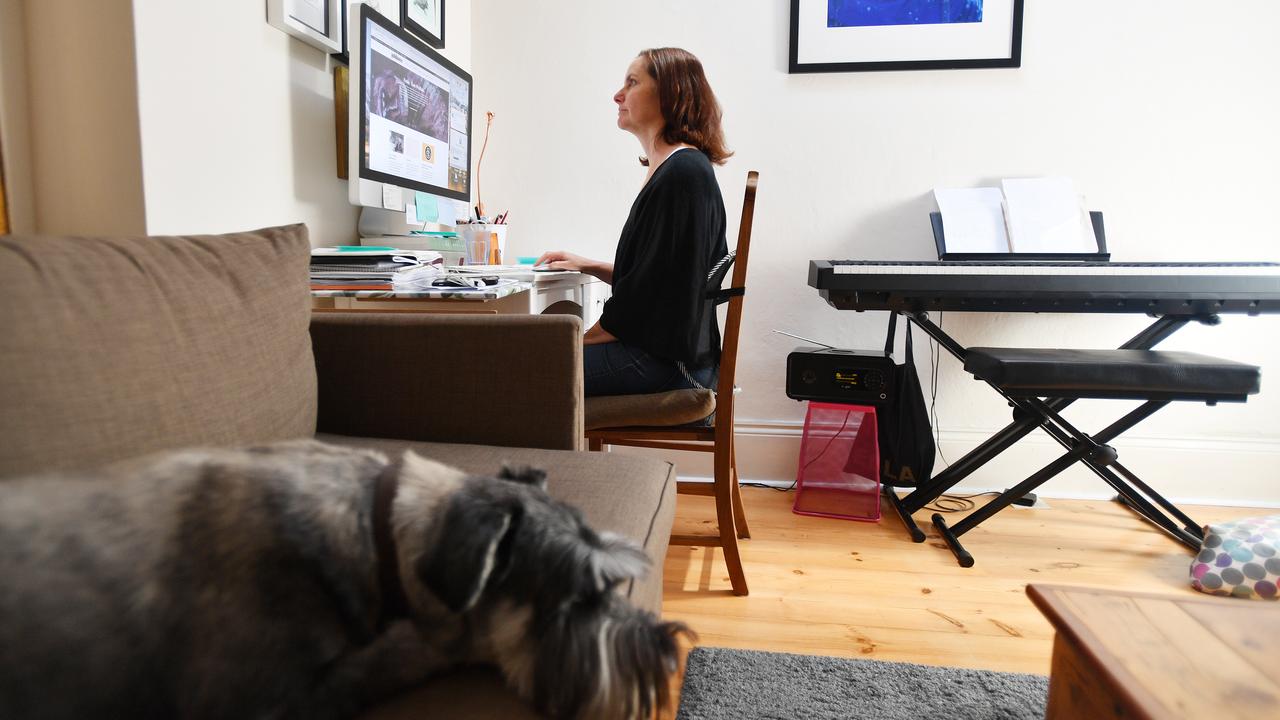
Sticking it to the man and becoming your own boss is a popular concept, but fresh analysis suggests it is less common than people think.
Contrary to the prevailing narrative that freelancing and entrepreneurship is booming in industrial countries, Australia and several other advanced economies have recorded steady declines in self-employment.
Self-employment fell from 19.1 per cent in 1991 to 15.7 per cent in 2022, according to analysis of Australian Bureau of Statistics data by progressive think tank The Australia Institute.
The decline shows the massive growth in freelancing and self-employment predicted by consultancy firms and others has failed to materialise, said study author David Peetz, of the institute's Centre for Future Work.
"It's not a massive part of the economy ... because there's limits to how much money people can make out of that sort of thing," Professor Peetz told AAP.
Contracting is suitable for types of work where the lowest-cost service is preferred. But with most tasks, firms want to be able to have some control over their workforce.
"So you cannot put all of your eggs in the lowest-cost labour basket because there's other things that matter to consumers, like product quality and service."
"That really puts a limit on how far you can go in to adopt these low-cost models."
Prof Peetz said the nature of self-employment had not grown but rather evolved towards gig work, which was essentially where workers were paid for a series of short-term tasks.
Australia now has 35,000 more part-time, solo, self-employed workers, and 91,000 fewer full-time, solo, self-employer people than there would be if employment trends had stayed the same over the past decade.
"For someone wanting to be their own boss, it's a lot harder these days to get a small business into markets. Big firms aren't keen to let them in," Prof Peetz said.
Larger firms are "a lot happier to just hire a contractor to do short gigs for them".

The research also challenged the idea that gig workers did not need, or want, improved standards and protections.
"Workers want the flexibility that comes with self-employment, but they also want and deserve to be protected," Prof Peetz said.
The gig economy could be on track for tighter regulations if the rest of the federal government's "closing loopholes" legislation makes it through parliament.
Gig workers would get a floor under pay rates and a raft of other protections under the proposed changes.







